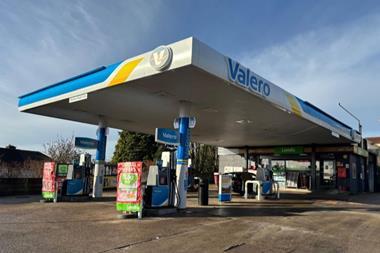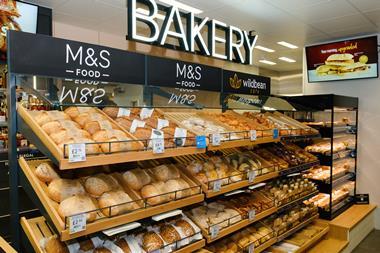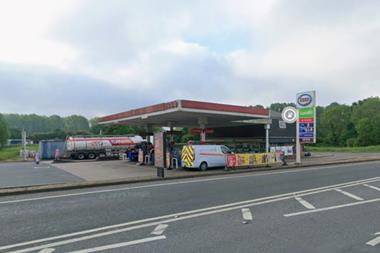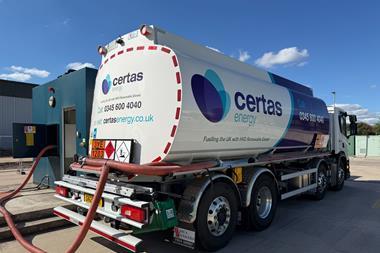Motorists have pushed up fuel demand rapidly over just four days to yesterday’s unsustainable levels, according to RMI Petrol.
Fuel polling data for independent retailers across the country – including all major brands such as BP, Shell, Esso, Texaco, Jet and Total – revealed that yesterday’s volume uplifts against the previous week were as much as 375.9% for super diesel.
Diesel volume was up 76.8%, unleaded rose by 171.8%, and 358.1% for super unleaded. Surging demand started to deplete forecourt stocks, which were already at historically low levels says RMI Petrol.
Meanwhile average fuel prices are still breaking records with unleaded hitting 141.31ppl, and 147.38ppl for diesel.
Brian Madderson, chairman of RMI Petrol, said: “Government created this fuel crisis and now must take full control. Shop sales have hardly risen, however, with thanks to Francis Maude, many retailers have sold all their small stocks of petrol jerrycans.
“There is no evidence of price profiteering with the poll indicating pump price increases of less than 1% over the past week,” added Madderson. “This is in line with the movement of wholesale costs. Undoubtedly, there will be isolated cases of higher pump increases for financial reasons attributable to that particular retailer.”
The average retail fuel usage is near to 100 million litres a day, according to RMI Petrol. This would require 2,300 tankers to replenish the petrol station assuming the tanker has a 44,000 litre capacity.
Figures for Thursday March 29 suggest that the number of tanker movements required will be nearly double; taking into account back log from earlier in the week, and the UK haulage industry does not have that capacity, adds the association.
Said Madderson: “The grave situation amplifies concerns raised by RMI petrol to the government and the Office of Fair Trading which highlighted the damage caused to the fuels network by the closure of more than 6,000 forecourts in the last 14 years. The independent retailers need protection against the aggressive pricing of supermarkets and certain oil companies if the closure rate is to be halted.”
Meanwhile, UKPIA, the trade association representing the main oil refining and marketing companies in the UK, has urged drivers to stick to their normal refuelling pattern to avoid strain on the supply chain to filling stations and to help ensure everyone has a better chance of obtaining sufficient fuel for their immediate needs.
Chris Hunt, director general of UKPIA, said: “The surge in demand we have experienced in recent days places an unnecessary strain on the fuel supply chain. The Unite union representing tanker drivers has not yet given notice of strike action by members and furthermore is required to give seven days’ notice of action. In the meantime the conciliation service ACAS is arranging talks next week between representatives of Unite and the haulage companies involved.
“If drivers stick to their usual refuelling patterns and only purchase the amount of fuel they require for their immediate needs, then there is a better chance of ensuring sufficient supplies for everyone,” he added.

































No comments yet